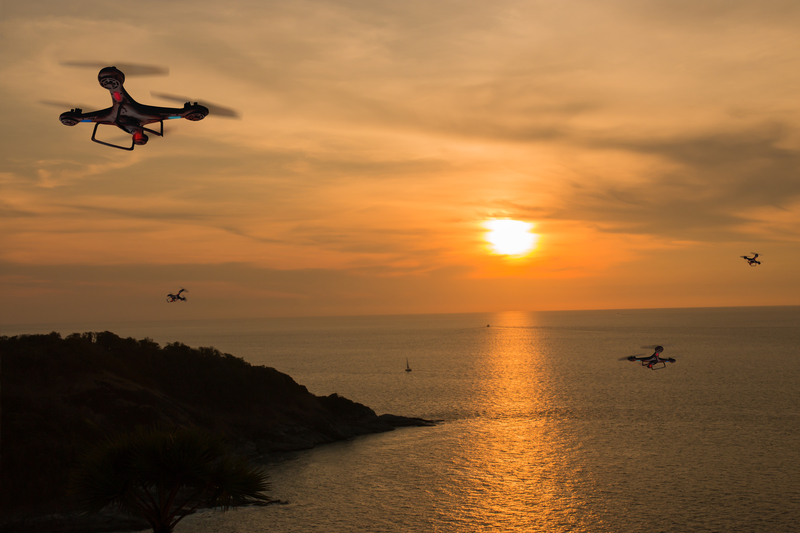Privacy Law Forecast for 2019
Image Credit: ID 23689850 © Steve Ball | Dreamstime.com
This past year was quite a whirlwind for privacy and cybersecurity watchers. Just to sum up a few of the top events of last year:
- Facebook’s Cambridge Analytica scandal rocked political headlines
- Europe introduced the GDPR, the most comprehensive data protection legislation to date in the world
- California enacted the California Consumer Privacy Act, becoming the first US state to create GDPR-style rules
- Google came under fire for allowing app developers to read your email, and track your location (even with location tracking off!)
- Marriott’s guest reservation system was hacked, exposing the personal information of up to 500 million guests, including passport numbers and payment numbers for some of those hacked
What will happen in 2019? Here are our top 5 predictions:
- Congress will move closer towards passage of a federal privacy law and will toughen up the FTC’s enforcement powers
- Facebook is only the first target of a series of state-led privacy actions
- Californians will resist efforts to water down the California Consumer Privacy Act
- India’s new data protection law will pose challenges for US businesses that outsource services
- Privacy will butt heads with free speech in the realm of “Deep Fakes”





